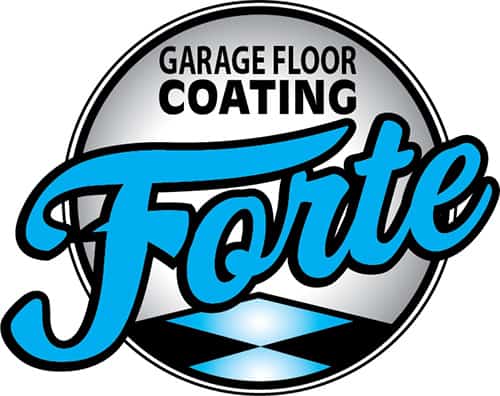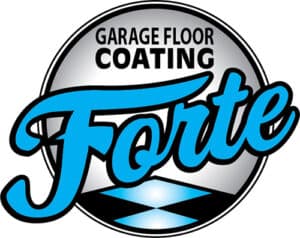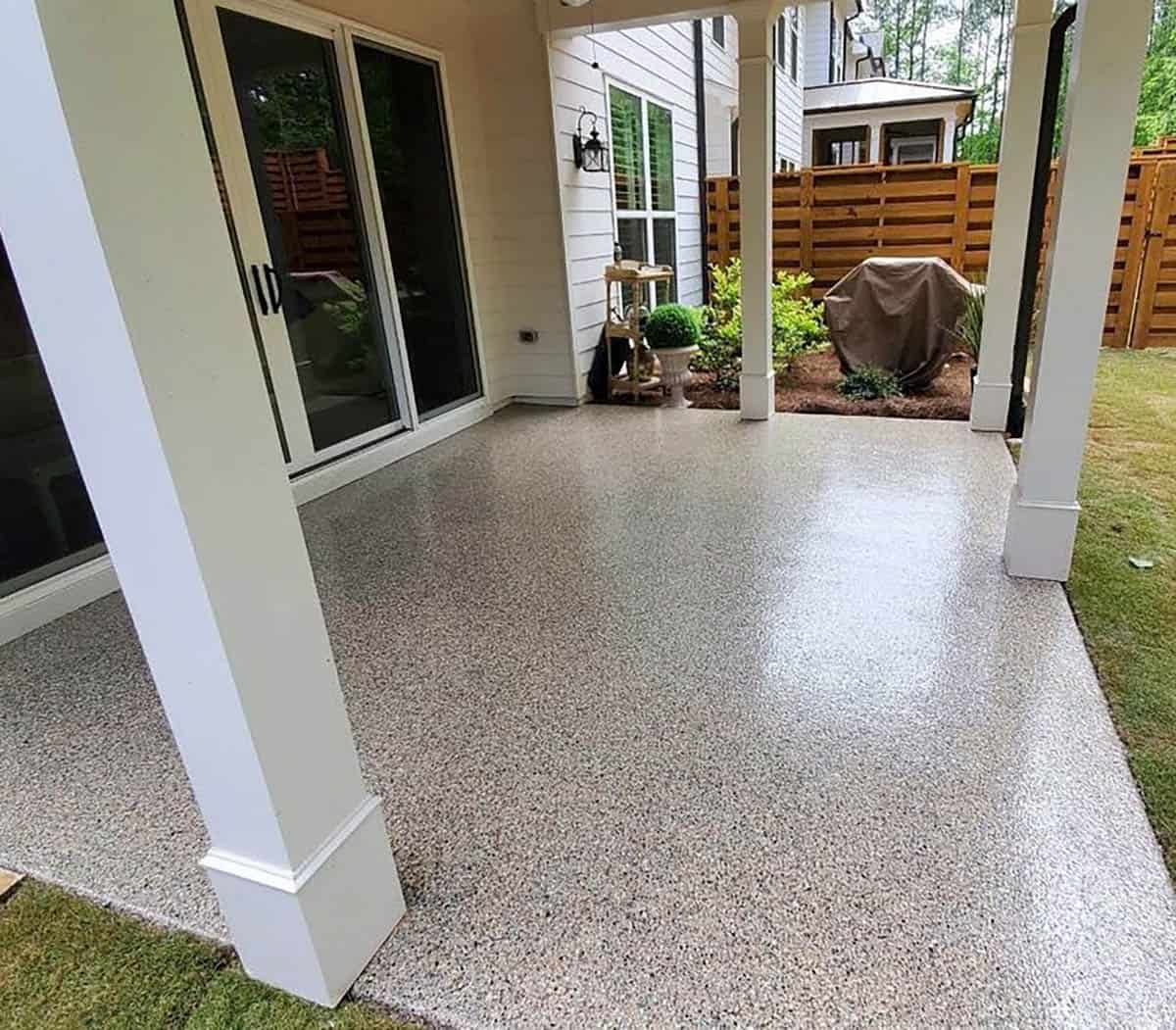If you have navigated yourself this far, you likely have heard about epoxy floor coating products. While it may seem somewhat straightforward at first glance, the further you look into it, the more confused you may become. The contents of this blog will answer common general questions about epoxy floor coatings. This will give you some familiarity with the different types of epoxy products on the market.
Before we get too far into things, let’s answer the most general question you may have:
What Exactly is Epoxy?
Epoxy is a type of polymer that can be mixed with an activator to create materials such as adhesives and coatings. Epoxies consist of two components, the resin and the activator. When mixed, a chemical reaction takes place, and the thermosetting properties of the epoxy allows the product to cure. This leaves a strong, rigid material that can be bonded to surfaces to protect against impacts, abrasion, chemicals, and weathering.
Additionally, there are many different types of epoxy floor coating products out there, each with their own strengths and weaknesses. It is important for a customer to understand the differences between the different types of epoxies. If the wrong type of epoxy is chosen, there is a good chance the coating will fail. Of course, this defeating the purpose of the project in the first place.
100% Solids Epoxy
100% solids epoxy is actually rather straightforward in what the name suggests. As opposed to regular epoxies that contain a percentage of liquid solvents, 100% solids epoxy contain no liquid solvents. This means they are made 100% of solid materials. Because this consists of only solid material, they are much stronger and much more durable than traditional epoxies. Also, they also have faster turnaround than traditional epoxies, which is always a great benefit. The drawback to this material is that it is much more difficult to work with. Consequently, you will likely never find a DIY epoxy kit that uses 100% solids epoxy.
These epoxy flooring products are much better than traditional epoxies, however it is highly recommended that you hire a professional to apply these products. These products require proper equipment, expertise, and a crew of multiple people to apply it before it cures, given the relatively short working time it has compared to other epoxies. The last thing you would want to do is buy this expensive product, only for it to cure in the bucket because you didn’t have enough time to apply it all yourself. To avoid any disasters, just leave it to the professionals to use this type of epoxy.
DIY Epoxy Kits (Low Solids Epoxy)
DIY epoxy kits are opposite to 100% solids in many regards. Therefore, the kits consist of low solids epoxies which are very user friendly, have a very long working time, and are relatively cheap. This may seem like a great product to use, however there is a big tradeoff. The low solids epoxy that makes it so easy to work with is a very thin product that is not nearly as durable as high grade 100% solids epoxies. As a result, this type of epoxy floor coating product will not last you more than 5 years. To make matters worse, removing the previous coating can be nearly impossible without proper equipment. So, unless you want to dig yourself into a hole that will cost you more money and time in the long term, it is HIGHLY ADVISED that you never use these types of products.
Hydro Epoxy
Hydro Epoxies specialize in moisture mitigation. These moisture mitigating properties make this type of epoxy great for primer coats. If you apply a low, or high solids epoxy to a concrete surface that has too much moisture, the coating will not bond and will peel up in no time. As such, it is important to always test the concrete’s moisture level before beginning a project, because a moisture mitigating hydro epoxy may be essential for the integrity of the coating. You should always ensure your contractor has tested the moisture level of the concrete. If they have not then find another!
Polyurethanes
Polyurethanes make for very effective topcoats because they are durable, add a high gloss finish, and provide UV protection against discoloration. Additionally, they provide resistance to stains and abrasion. They do not bond very well to concrete itself. However, it bonds phenomenally with epoxies. The drawback to this product is mainly seen when applied to garages. They are vulnerable to staining from plasticizers in car tires. This can leave black marks where you would normally see a car parked. This type of product is great for outdoor spaces such as walkways, patios, or any other space that will not see car traffic.
Polyaspartics / Polyureas
Polyaspartics and polyureas lie somewhere in between 100% solids epoxies and polyurethanes. They consist of two components and they have very quick turnaround times. Also, they provide protection against chemicals and UV radiation. Polyaspartics and Polyureas even allow systems to be finished in as little as 1 day. Very specific requirements have to be met for one day systems to make sense. But, if those requirements are met then polyaspartics and polyureas can allow you to be back in your space in no time. The drawback to these coatings is the extremely fast working time. In humid environments these products can start setting up in as little as 20 minutes. So, it is once again highly advised that you seek professional contractors to apply this product.
In Conclusion
When shopping around for your epoxy floor coating it is important to ask what type of epoxy products are used. Also, it is equally important to ensure that the product will be compatible with the surface you wish to be coated. A good contractor will be able to walk you through the process of deciding which product should be used, if not then you might want to consider finding somebody that can.
Read our next post about coating systems, and the benefits they provide:


